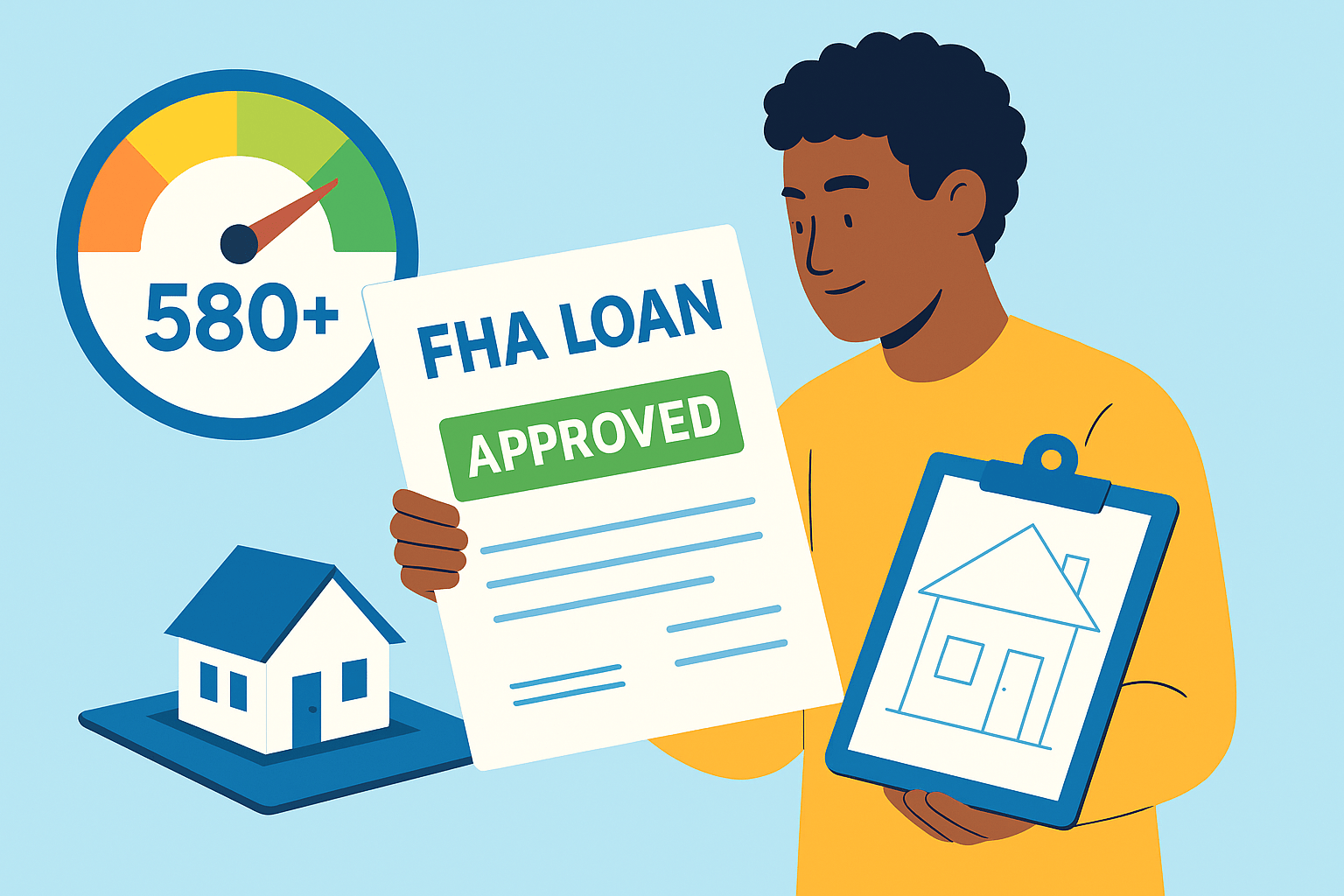Arizona Mortgage Credit Certificate First-Time Homebuyer Assistance Programs
Unlocking the Arizona Mortgage Credit Certificate: A First-Time Homebuyer’s Tax-Saving Secret
Buying your first home often feels like juggling flaming torches while balancing on a tightrope. The Arizona Mortgage Credit Certificate lightens that load by turning a slice of your mortgage interest into a federal tax credit—putting cash back into your pocket every single year. Below, we’ll break down how the program works, who qualifies, and why it could be the hidden ace up your homebuying sleeve.
What Is the Arizona Mortgage Credit Certificate Program?
The Arizona Mortgage Credit Certificate (MCC) program, administered by the Arizona Department of Housing, transforms up to 30% of your annual mortgage interest into a dollar-for-dollar federal tax credit. Unlike a deduction, which simply lowers taxable income, a credit directly reduces your IRS bill—potentially by thousands of dollars. Homeowners can claim the credit every year for as long as they occupy the home and hold the original mortgage.
- Launch year: 2012
- Maximum credit: $2,000 per year (capped by the IRS)
- Eligible property types: Single-family homes, condos, townhomes, and some manufactured homes on owned land
Think of the MCC as a loyalty program for responsible borrowers—one that rewards you not with airline miles but with real, tangible tax savings.
How the MCC Turns Taxes Into Monthly Savings
A credit sounds great, but how does it translate into day-to-day affordability? Let’s break the math down:
- You pay mortgage interest over the year—let’s say $8,500.
- The Arizona Mortgage Credit Certificate rate is up to 30%—so 30% of $8,500 equals $2,550.
- The IRS caps credits at $2,000, so you claim the full $2,000.
- That’s $166 back in your budget each month—enough for utilities or a weekend road trip to Sedona.
Lenders may even factor the anticipated credit into your DTI ratio, effectively increasing your purchasing power from day one. The result: a stronger pre-approval and more homes within reach.
Who Qualifies for the Arizona MCC?
The program targets first-time buyers, but its definition of “first-time” is broader than you might expect.
Core Eligibility Rules
- First-Time Status: No ownership interest in a primary residence within the past three years. Veterans and buyers in federally designated Target Areas are exempt.
- Income Limits: Ranging from approximately $95,000 to $140,000 depending on county, household size, and Target Area status.
- Purchase Price Limits: In 2024, caps hover around $481,176 statewide, with higher allowances in Target Areas.
- Occupancy: The property must become your primary residence within 60 days of closing.
For a complete, real-time list of limits, check the official Arizona Department of Housing MCC page.
How to Apply for an Arizona Mortgage Credit Certificate
The path to securing an MCC is refreshingly straightforward, provided you work with the right partners.
- Choose an MCC-participating lender. Not every mortgage company files MCC paperwork, so verify up front.
- Complete a brief homebuyer education course. Many agencies offer it online in under four hours.
- Submit the MCC application—usually handled by your lender—in tandem with your loan package.
- Pay the one-time issuance fee. This ranges from $400–$750 and can often be wrapped into closing costs.
- Receive the certificate. Once issued, you’ll attach IRS Form 8396 to each year’s tax return and watch your tax bill shrink.
Pro tip: Apply early. The state allocates a limited pot of MCC authority each calendar year, and funds can dry up faster than a Phoenix puddle in July.
Is the Arizona Mortgage Credit Certificate Worth It?
Short answer: usually, yes. Let’s examine the cost-benefit calculus.
Real-Life Micro-Story: Sara & Miguel
Sara, a teacher, and Miguel, a solar technician, snagged a $345,000 starter home in Tucson. Their lender projected $2,000 in annual credits. Over five years, they’ll recoup $10,000—almost their entire out-of-pocket down payment. Miguel jokes the MCC is their “silent roommate” who chips in for groceries.
Crunching the Numbers
- Up-front fee: ~$600
- Annual tax credit: $1,000–$2,000 typical
- Break-even point: 4–7 months for many borrowers
Unless you anticipate selling within a year, the MCC typically produces a positive return, boosting affordability and reducing the sting of interest in those first, amortization-heavy years.
Can You Combine the MCC with Other Arizona Assistance Programs?
Absolutely. The MCC meshes seamlessly with down-payment assistance like the HOME Plus or Pathway to Purchase. Layering benefits can shorten the time needed to save for closing, broaden your shopping radius, and preserve emergency funds after move-in.
Combination rules vary by lender, so confirm early in the process. Still, thousands of Arizonans have paired a Mortgage Credit Certificate with grant programs without issue—a double shot of savings.
Pros and Cons of the Arizona MCC
| Pros | Cons |
|---|---|
|
|
Common Misconceptions—Debunked
“It’s a one-time credit.” False. You can claim it every year you live in the home and pay interest.
“I’ll owe huge penalties if I move.” You may face a recapture tax only if you sell within nine years, your income spikes, and you profit on the sale. The Arizona Department of Housing reports fewer than 2% of MCC holders ever trigger recapture.
“My CPA said MCCs delay refunds.” With e-filing and Form 8396, most borrowers receive refunds on the normal schedule.
FAQ: Quick Answers
How do I claim the MCC tax credit each year?
File IRS Form 8396 with your federal return. The form calculates your allowable credit, which is then subtracted from taxes owed or added to your refund.
Can the Arizona MCC be used with FHA, VA, or USDA loans?
Yes. The certificate is loan-agnostic. Conventional, FHA, VA, and USDA borrowers can all participate if their lender is approved.
What happens if I refinance?
You can re-issue the certificate, preserving the credit, as long as you refinance within the program’s guidelines and remain in the home.
Is there an MCC for repeat buyers?
Generally, no—unless you purchase in a federally designated Target Area or qualify as a U.S. veteran.
Does the MCC affect state taxes?
No. The benefit is federal only. However, lower federal liability may influence overall tax planning.
Next Steps: Put the MCC to Work for You
The numbers speak volumes: in 2023 alone, Arizona homeowners who used the Arizona Mortgage Credit Certificate collectively shaved an estimated $19 million off their tax bills, according to internal state tallies. That’s money redirected toward principal pay-down, emergency funds, or simply enjoying Arizona’s 300 days of sunshine.
Ready to join them? Reach out to one of our vetted, MCC-approved lending partners. We’ll walk you through qualification, paperwork, and closing—so you can stop renting and start building equity sooner than you imagined.
Explore More Blog Posts
Checkout more similar posts those will help you to choose better property.












 Profile
Profile Password
Password Saved Properties
Saved Properties Sign Out
Sign Out
 +0.01
+0.01
 -0.15
-0.15

